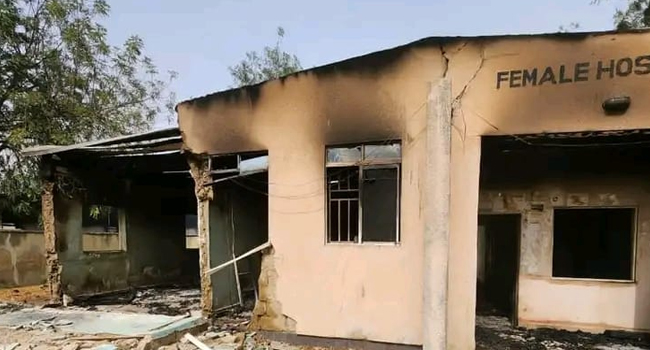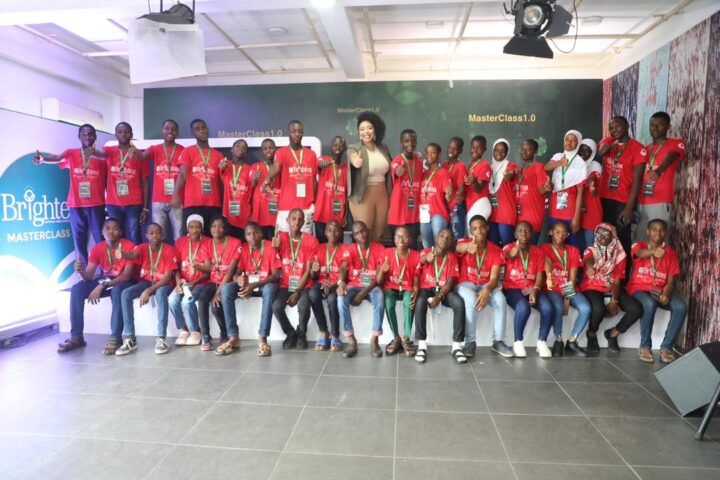Ishaq Oloyede, JAMB's registrar
Ishaq Oloyede, registrar of the Joint Admissions and Matriculation Board (JAMB), says public universities must account for government funds.
He said this while delivering a lecture on Thursday at the University of Nigeria Nsukka (UNN), adding that institutional autonomy is not absolute.
The lecture was titled: ‘Institutional Autonomy, Accountability and the Quest for Efficient Governance of Nigerian Universities’.
He said discussions on university autonomy and accountability have become complicated in recent years.
Advertisement
The registrar said public universities must be asked how they have been able to utilise the money given to them.
“It is in the interest of every nation to protect both academic freedom and institutional autonomy in the universities for improved productivity in research and innovation,” Oloyede said.
“Critical questions must be asked on how universities have been able to utilise the money given to them in the interest of the country’s education and economic development.
Advertisement
“Universities must know that they have the responsibility of quality teaching, research and community service as well as proffering solutions to critical national issues and being accountable to government.”
Oloyede urged universities to constantly engage in peer reviews.
“Understand that no right is absolute. This will facilitate their genuine understanding and management of expectations,” he added.
“Universities should actively engage in peer review and self-regulatory measures toward quality assurance and accountability.
Advertisement
“The great asset to nation building is human capital development which can only be achieved through education.
“Government should endeavour to earmark 26 percent of the total budget for educational development as recommended by the United Nations.”
Add a comment






